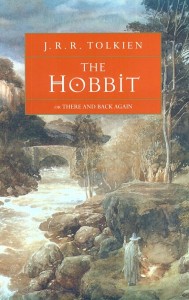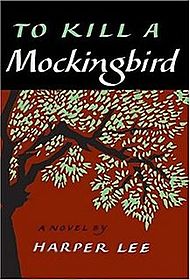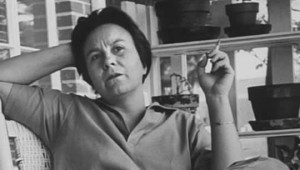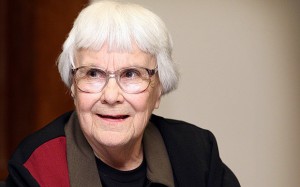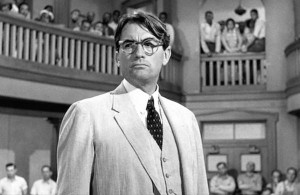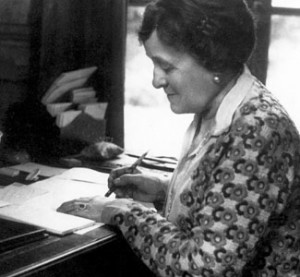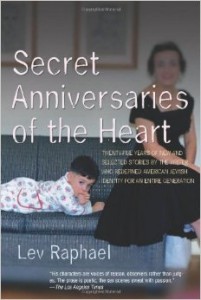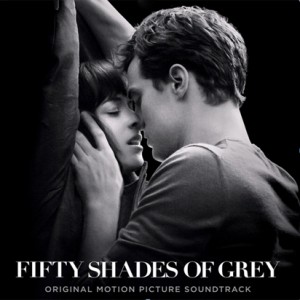Unpublished authors imagine that once they are published, life will be glorious. That’s because they haven’t thought much about bad reviews. Every author gets them, and sometimes they’re agonizing.
As a published, working author, you learn to live with the reality of bad reviews in different ways. You can stop reading them. You can have someone you trust vet them for you and warn you so that nasty splinters of prose don’t lodge in your brain. You can leave town or stay off the grid when your book comes out.
Hell, you can be perverse and break open a bottle of champagne to celebrate a dreadful review. Why not? Or if you’re a mystery author, you can have fun with a bad review and kill the reviewer. Of course, you don’t have to go all the way to murder. Fictional defamation, degradation, and despoliation can be satisfying, too. But getting captured by a review is not healthy.
I remember a Salon piece of close to 3,000 words (seriously!) by a novelist who complained that Janet Maslin killed his novel in the New York Times. Killed? No critic has that power. But Maslin did trash his book. It happens. She also made a gross mistake about his book in her review. That happens, too. One reviewer claimed that my second novel focused on a theme that it didn’t remotely touch, which meant she was probably confusing it with another book of mine. Reviewers get sloppy all the time. Sleepy too, I bet….
The Salon piece was disturbing and at times painful — but not just because of Maslin’s error. It opened with the author describing how he moaned on his couch, face down, while his wife read and paraphrased the bad review, and her having to admit that Maslin dissed the book as “soggy.”
The author teaches creative writing and had published three previous books, so you’d think he would try to set a better example for his students. Instead, while he admitted he was lucky to have been in the Times at all, he focused on his misery and even shared that he’d previously thought of Maslin as a ghost friend because she gave his first book a great review. That was super creepy.
I’ve published twenty-five books and I read as few of my reviews as possible. Why? Because I’ve learned more about my work from other authors through their books, conversations, or lectures than I have from reviews. I don’t look to reviews for education, validation or approbation. I hope they’ll help with publicity, but I’ve seen people get raves in the New York Times without any impact on sales.
More importantly, we authors shouldn’t let our self-esteem be held hostage by the Janet Maslins of journalism, and we should try not to over-estimate their importance or expect them to stroke our egos. Bad reviews? Ignore them along with the good ones, and keep writing.
How do you deal with bad reviews? Have you ever felt trapped like the writer who wrote the Salon piece?
Lev Raphael is the author of the mystery Hot Rocks and 24 other books in genres from memoir to biography.

